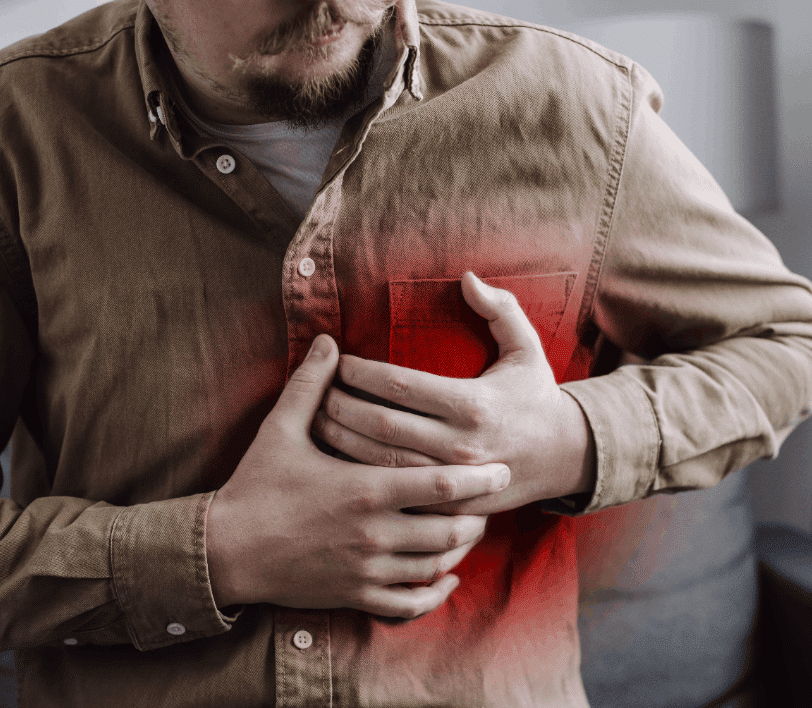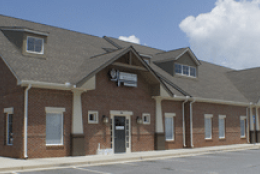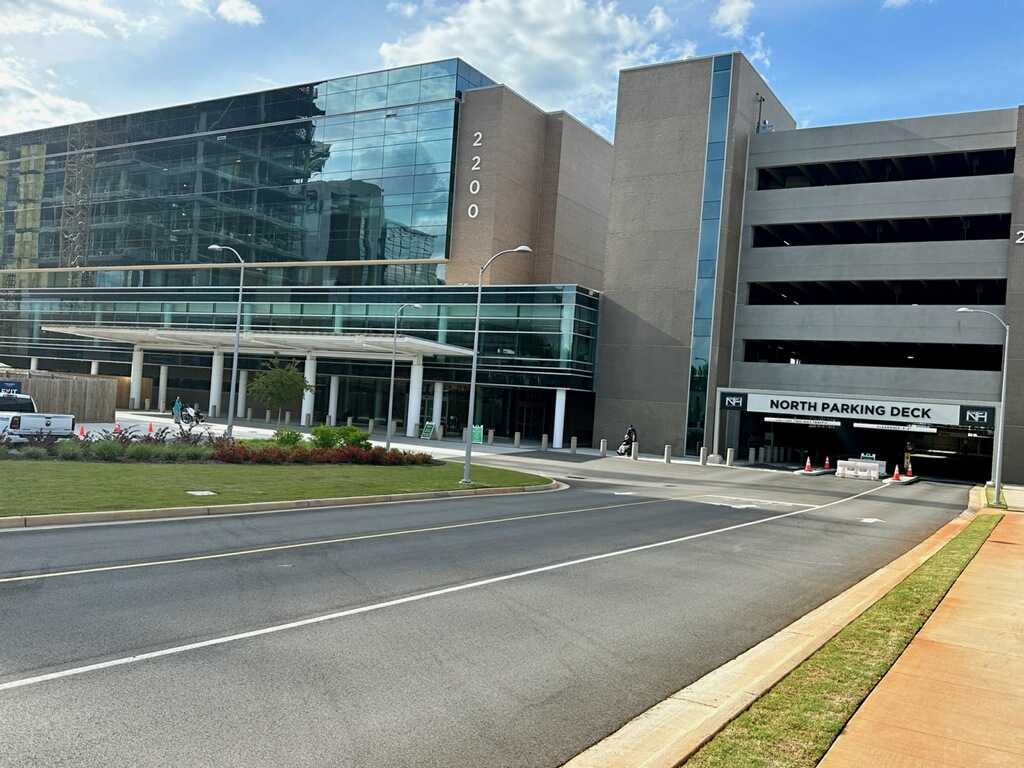what is heartfailure
Lorem ipsum dolor sit amet, consectetur adipiscing elit.

CVG’s board-certified cardiologists utilizing leading-edge treatments are invaluable for serious conditions such as heart failure. Moreover, CVG’s physicians can provide methods and suggest lifestyle changes that may help protect your health.
You should realize that you’re not alone. Many people have risk factors for heart failure or already have this condition. Teaching you about the risk factors you can control, such as your weight, blood pressure, and activity levels. , and working with our CVG heart doctors to review your family history and see how medications, therapies, counseling, and rehab programs will contribute to positive health benefits for you.
With CVG, you have access the best knowledge and treatments for your heart health. By reading more about heart failure facts, tests, causes, risks, and treatments on this page. you will discover how CVG’s Atlanta area cardiologists can help you enjoy a higher quality of life.
Heart Failure Affects Nearly 6 Million Americans. Learn More About Its Causes And Prevention.
Heart failure occurs when, the heart cannot cope with the volume of blood presented to it. This can be because the heart muscle is weak, too stiff, the valves in the heart have malfunctioned, or the blood pressure is just too high for the heart to cope with. The heart can respond to this by stretching to hold more blood or becoming thickened. Both these options help keep blood moving, but will eventually cause the walls of the heart to weaken and become unable to pump enough blood efficiently.
This will affect other, organs, such as the kidneys, which may cause the body to retain fluid and salt. As the fluid accumulates, from the lowest point in the body, the patient will experience swelling of the feet, legs abdomen and eventually lungs, the patient will become breathless. Since these part of the body are swollen or congested with bloodthe condition is referred to as congestive heart failure.
Types Of Heart Failure
There are many different types of heart failure and each type has distinct treatments.
Systolic dysfunction happens when the heart muscle weakens and loses horsepower.
Diastolic dysfunction happens when the heart squeezes with normal strength, but is too stiff to relax and fill. This results in less liquid moving with each heartbeat.
Left-sided heart failure happens when the left ventricle fails and leads to congestion of fluid in the lungs. The result is shortness of breath and leg swelling.
Right-sided heart failure happens when the right ventricle fails and leads to congestion of fluid in the legs and abdomen. The result is leg swelling.
During an echocardiogram, also called an ultrasound, a calculation called ejection fraction (EF) will be done to measure how well your heart pumps with each heartbeat. This will help to determine whether you are experiencing systolic or diastolic dysfunction, so your doctor can determine an adequate treatment plan.

Risk Factors For Heart Failure
There are several habits and diseases that can increase your risk for heart failure. These include obesity, high blood pressure, over consumption of alcohol, lack of regular physical exercise, and high salt diets. Other conditions like smoking, diabetes, high cholesterol and sleep apnea indirectly increase to possibility of developing CHF Although some risk factors cannot be controlled, it’s important to lower your risk by monitoring the factors you can control, such as smoking, physical activity, poor diet, and overconsumption of alcohol. Health conditions that can also be monitored include high blood pressure, high cholesterol, diabetes, and obesity.
Causes Of Heart Failure
Coronary Artery Disease (CAD), the most common heart abnormality in the United States often results in heart failure. Constant low levels of oxygen to the heart muscle can result in weakness and reduced ejection fraction. If an artery block up completely the scar from the heart attack can also decrease the EF.
Cardiomyopathy, which means a weak heart muscle may result from blocked arteries, certain viruses, alcohol/drug abuse, diabetes, some rare chemotherapies, pregnancy, and even some inherited genetic conditions. Conditions that overwork the heart, such as high blood pressure, valve disease, thyroid disease, kidney disease, arrhythmias, or congenital heart defects can all cause heart failure. The risk increases if several conditions are present at once.
Heart failure can also occur suddenly, which is referred to as acute heart failure. Causes of this type of heart failure include allergic reactions, any illness that affects the whole body, blood clots in the lungs, severe infections, use of certain medications, and viruses that attack the heart muscle.
Treatment For Heart Failure
Limiting, salt, restricting liquids and controlling blood pressure are critical! There are many medications that can improve the EF, lessen symptoms, decrease mortality and reduce the frequency of hospitalizations in systolic heart failure. Common medicines of high value are ACE inhibitors, beta-blockers, diuretics, mineralocorticoid receptor blockers Talk to your doctor about what medication may be right for you.
You may also be recommended to join a program called cardiac rehabilitation. This is an important program for anyone recovering from a heart attack, heart failure, or other heart issues requiring surgery or medical care. This supervised program includes physical activity that promotes heart health, education about a healthy lifestyle, and counseling to help relieve stress and improve mental health.
Symptoms Of Heart Failure
Each person experiences symptoms of heart failure differently, and some may not even experience symptoms at all. Symptoms can range from mild to severe, and can occur constantly or sporadically. The symptoms include shortness of breath due to the excessive fluid congesting the lungs. Lung congestion can also produce a dry, hacking cough or wheezing.
The weak heart pushes less fluid toward the kidneys resulting in Fluid and water retention this extra fluid congests the veins of the legs and abdomen This can cause weight gain or increased urination, as well as a loss of appetite or nausea due to bloating in your stomach. Other symptoms include chest pain, dizziness, fatigue, and weakness, as well as a rapid or irregular heartbeat.
Why Choose CVG?
With eleven locations throughout the Atlanta area, CVG serves residents across the region with state-of-the-art heart care. Our doctors have over 100 years of combined experience, and you receive care with genuine compassion. We aim to protect and improve your health while empowering you to actively participate in your care.
Related Conditions:
Top Conditions:
Call to Schedule an Appointment
Invasive therapies may also be used to treat an abnormal heart rhythm, such as electrical cardioversion which sends electrical impulses through your chest wall and allows normal heart rhythm to restart, or catheter ablation which disconnects the pathway of the abnormal rhythm. If your doctor determines that electrical devices are the best course of action, you may be given a permanent pacemaker, an implantable cardioverter-defibrillator (ICD), or biventricular (B-V) pacemakers and defibrillators.
Loactions That Treat Arrhythmias

Office Suwanee
1120 Peachtree Industrial Boulevard Suite 208 & 209 Suwanee, Georgia
- 7706379247
- 7702908084





